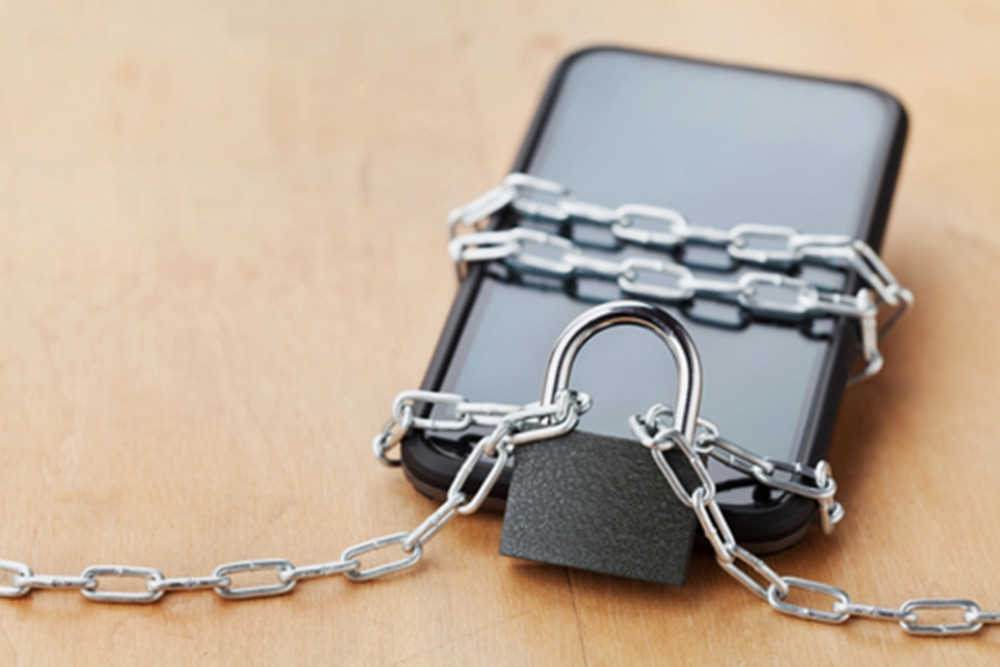By Jennifer Van Grove
San Diego Union-Tribune
WWR Article Summary (tl;dr) “Screen Time”, as Apple describes it, creates daily and weekly reports that show the amount of time you spend in each app you use, how many notifications you receive and how often you pick up your device.
San Diego Union-Tribune
If you were hoping Apple might do something to help you curb your phone compulsion, well, keep dreaming.
Monday, the device-maker revealed a “Screen Time” feature coming this fall to its smartphone operating system that will show you just how much of an iPhone hog you are, but do little to change your behavior.
Screen Time, as Apple describes it, creates daily and weekly reports that show the amount of time you spend in each app you use, how many notifications you receive and how often you pick up your device. You can also set time limits for specific apps, and even force “downtime”, as in semi-restricted phone or tablet use, on your children.
It’s enough to make you think that Apple cares about you and your kids’ well-being.
“This is so transparently not intended to solve the problem, it’s brain-hurting,” said Gabe Zichermann, a behavioral designer who now runs Onward, a company that aims to help people combat their digital demons. Rather, Apple is just trying to check the we-are-doing-our-part box, he told me. The same goes for Google and its recently announced “Digital Wellbeing” features.
He likened the companies’ time-monitoring tools to calorie counts on menus, which often go ignored and don’t help people make healthier choices.
“I presented data to Apple a year ago that showed absolutely no connection between knowing your usage time … and your intent at changing it,” he said.
Anecdotally, most of us know he’s right. Those of us who live with a phone addict can attest to the fact that the device-abuser is typically conscious of what they’re doing, and may even want to change. But do they? Nope.
And Zichermann, who speaks from experience designing mind-hooking apps in the past, says that’s because the algorithms that work to keep us glued to our devices are more powerful than our willpower.
“It’s not a fair fight,” he told me. “The design principles used by these companies absolutely out class any of our self-developed limits.”
Of course, we should take some responsibility for the existence of said algorithms. They are, in both theory and practice, designed to give us more of what we want.
And why would we expect Apple to do anything other than improve its bottom line? It’s a publicly traded company, after all. Investors would revolt if Apple did something as drastic as, say let users disable every single notification with a push of a button. Such smartphone peace and quiet would disrupt the entire app ecosystem, a huge financial asset for Apple, that’s built around attention.
“These features are still better than nothing,” said Jean Twenge, author of “iGen: Why Today’s Super-Connected Kids Are Growing Up Less Rebellious, More Tolerant, Less Happy _ and Completely Unprepared for Adulthood.”
“Many people aren’t fully aware of how much time they spend on their devices or on certain apps. That knowledge can really help,” she told me.
Twenge, also a professor of psychology, has studied the affects of screens on teens, and found a link between high daily usage and depression. She even helped draft the widely publicized letter sent to Apple earlier this year asking for better parental controls. The fact that she’s not poo-pooing these iPhone alternations is notable.
As it relates to kids, Twenge is optimistic about one feature in particular.
buy kamagra soft online pridedentaloffice.com/wp-content/themes/twentytwentyone/inc/en/kamagra-soft.html no prescription
“The Downtime feature, which can shut the phone down at night, is a particularly welcome development. Too many kids and teens are staying up late on their devices or are using them in the middle of the night when their parents think they are sleeping,” she said. “If parents use this feature to turn off phones during family dinners and other times, it could also lead to more parent-child communication.”
So, perhaps, there’s hope for the children. Now if only we could learn to save ourselves.
___
ABOUT THE WRITER
Jennifer Van Grove covers e-commerce and digital lifestyle for The San Diego Union Tribune.














































































































































































































































































































































































